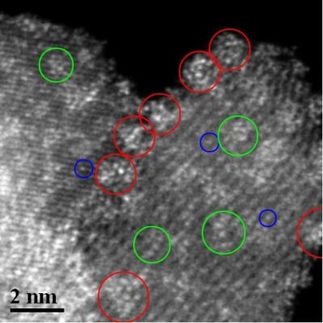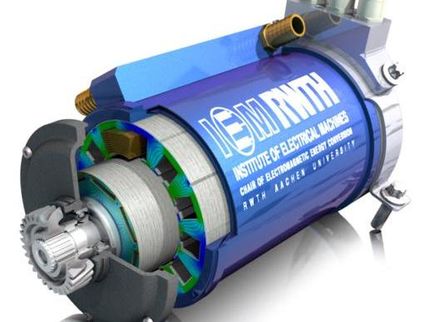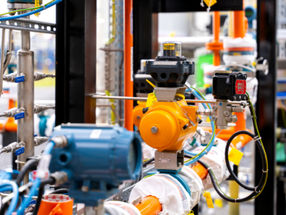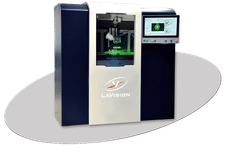caesar - Research for the market of tomorrow
Advertisement
caesar: Research for the market of tomorrow
More than 2000 years ago the Romans founded Bonn - since 1999 caesar is again active there, but not as an emperor. Today, caesar stands for "center of advanced european studies and research" and as such achieves high quality research competing on the international level.
The founding of caesar has its roots in the Berlin-Bonn act and the compensation agreement passed in 1994 in order to support the structural change in the region of Bonn due to the loss of its function as capital of Germany. The federal government decided to invest EUR 383.5 million - of which EUR 33.2 million came from the land North Rhine-Westphalia - as most important part of the compensation measures. caesar is a foundation under private law which is financed by public means. From this point of view its constellation is certainly unique in Europe. One part of the available funding is used to finance caesar's new headquarters building. The returns from the remaining part as well as income from industrial collaboration and third party fundings will finance the research.
Research in triplets
The objectives and structure of caesar open up a new dimension for the European research landscape. The international and interdisciplinary teams concentrate on projects with a market chance - the subsequent setting up of new businesses is specifically aimed at and will strengthen the regional labour market. A research period of five years for every project should result in a new product or procedure and terminate the project's life. New steps are taken concerning the composition of working teams at caesar. Three working groups, a so-called "triplet" are investigating the thematic focus of each topic from the most varied angles in a close collaboration. A triplet consists of a modeling group, an experimental group and an engineering group.
The modeling group consists mainly of mathematicians and computer scientists working on model building and computer simulation. It allows the fast and cost efficient realization of experiments. The experimental group carries out the necessary experiments and evaluates them. In this group natural scientists are working. The engineering group converts these results into marketable products. The close collaboration of the three groups is a characteristic of the work at caesar and it is this interdisciplinary way of work which attracts most of the researchers working at caesar. "To have a look beyond our own discipline enables us to be open to new perspectives", they say.
Three basic areas of research
caesar works on three large themes at the cross sections of physics, chemistry, mathematics, biology, medicine and computing. Single projects exist, too, which are projects of special interest to the industry. In the first area Material Sciences and Nanotechnology the research is done on "smart materials". These materials transduce electrical, magnetic or thermal energy directly into mechanical energy and vice versa. They play a large role in microsystems technology and are used for example as sensors. Multiple applications are possible: micro pumps and -nozzles for the ink jet printer or movable micro-optical components for the communication technology up to tools for minimal invasive surgery.
The tire sensor controlling pressure is a project the triplet "smart materials" works on, in collaboration with an industrial partner. By means of electromagnetic signals this sensor will inform the cockpit about tire pressure and the road surface. This information could also be conveyed to the break forces in accordance with road slip conditions.
The second research area caesar is working on is the Coupling of Biological and Electronic Systems. It combines molecular biology, biochemistry and neuroscience, on the one hand, and computer science, microelectronics and nanoscience, on the other. In this field many successes have already been achieved starting with the cardiac pacemaker up to bioinformatics. Those projects will become more important every day. Current projects at caesar are the development of biosensors and the decoding of the protein's 3D structure. Another research group develops materials for implants which are better accepted by the tissues and less susceptible to infections than before.
Assistance to surgery via computer
The third basic area caesar is investigating concentrates on Computer Aided Surgery. The images of patients produced by holographic or tomographic means are reconstructed by computer and allow a new insight into the human body. The modeling group "surgical systems laboratory" is focusing on the development of surgical simulation and image guided navigation systems in cranio- and maxillofacial surgery, neurosurgery and orthopaedics. Before an operation a virtual body of the individual patient is created by computer and allows a precise preparation of the surgical intervention as well as close control during the surgery. Instruments can be guided along a marked path to the target tissue, for instance to a tumor.
The experimental group "holography and laser technology" is developing a new holographic method which allows the precise measurement of the facial profile of patients. The resulting 3D computer models are used for the planning and documenting of craniofacial surgeries. A second topic of the group is the development of a new technique for hard tissue ablation with a CO2-laser, which allows bone cutting with arbitrary and complex cut-shapes. The engineering group "rapid prototyping" creates anatomic models based on the above mentioned 3D surface information of the patient's portrait.
Other news from the department business & finance
These products might interest you
Most read news
More news from our other portals
See the theme worlds for related content
Topic world Sensor technology
Sensor technology has revolutionized the chemical industry by providing accurate, timely and reliable data across a wide range of processes. From monitoring critical parameters in production lines to early detection of potential malfunctions or hazards, sensors are the silent sentinels that ensure quality, efficiency and safety.
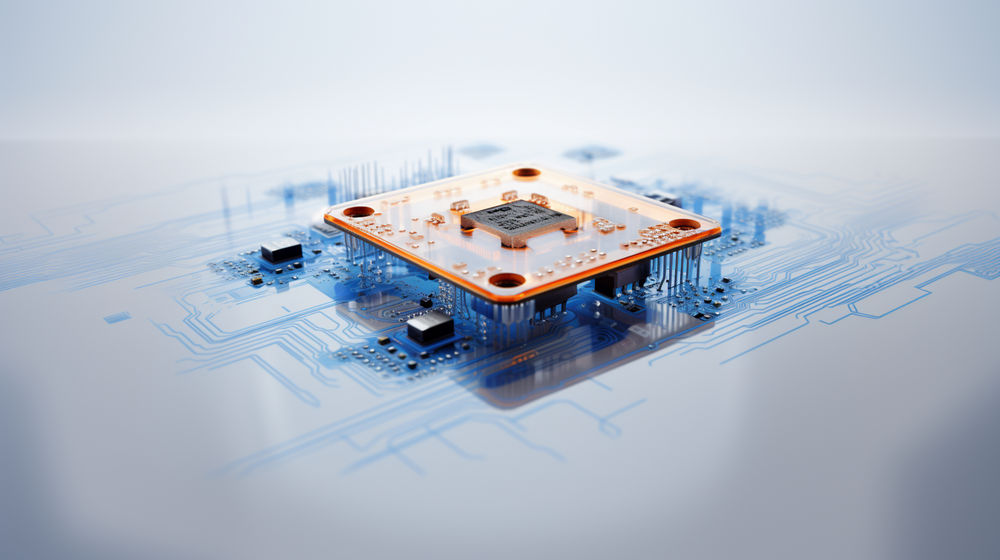
Topic world Sensor technology
Sensor technology has revolutionized the chemical industry by providing accurate, timely and reliable data across a wide range of processes. From monitoring critical parameters in production lines to early detection of potential malfunctions or hazards, sensors are the silent sentinels that ensure quality, efficiency and safety.



